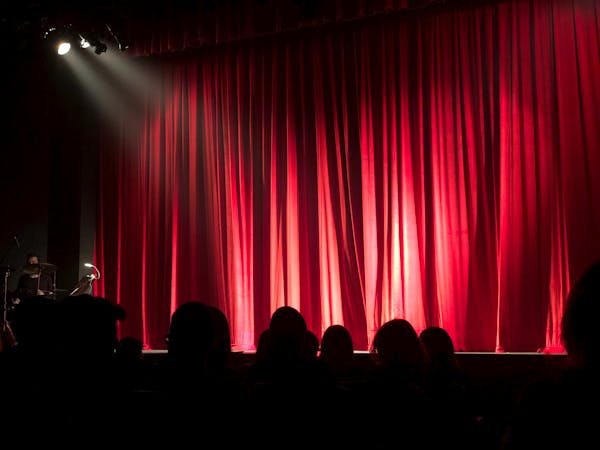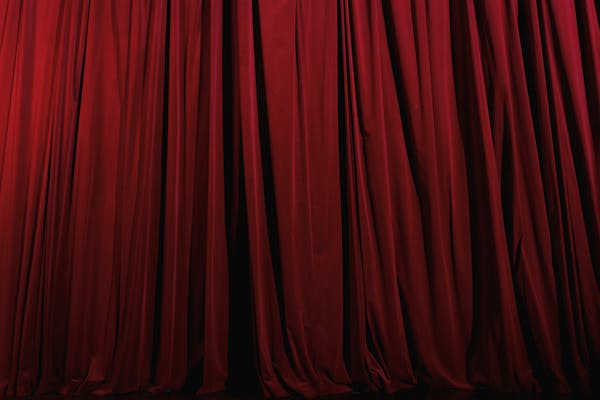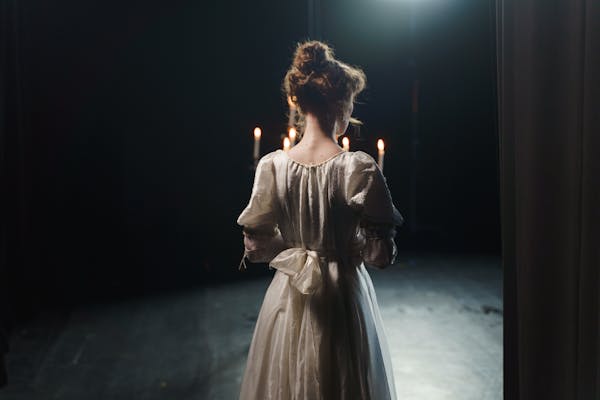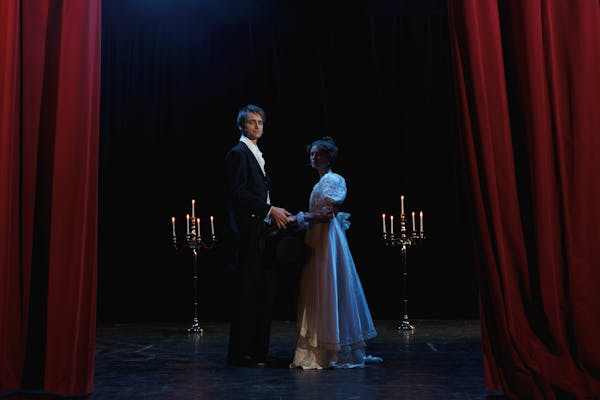Renaissance English Theatre: A Flourishing of Drama and Innovation
The Renaissance period in England, roughly spanning the 15th to the 17th century, witnessed a remarkable revival of culture and the arts, with the theater playing a central role in this resurgence. The emergence of Renaissance English Theatre was marked by a surge of creativity, innovation, and cultural transformation. This academic note explores the key features, prominent playwrights, and the social impact of this extraordinary period in English theatrical history.
1. Key Features of Renaissance English Theatre:
Classical Influence: Renaissance English Theatre was deeply influenced by classical drama, particularly the works of ancient Greek and Roman playwrights. Playwrights like Christopher Marlowe and William Shakespeare adapted classical themes, structures, and forms, infusing them with English sensibilities.
Theaters: The era witnessed the construction of iconic theaters, such as the Globe Theatre, where many of Shakespeare's plays were performed. These open-air venues could accommodate large audiences and featured distinctive architectural elements.
Versatility of Themes: Plays of the Renaissance period explored a wide range of themes, from historical events to complex human emotions. They delved into the moral, social, and political issues of the time, reflecting the intellectual curiosity and diversity of the age.
2. Prominent Playwrights:
William Shakespeare: Undoubtedly the most celebrated figure in Renaissance English Theatre, Shakespeare's works, including "Hamlet," "Macbeth," and "Romeo and Juliet," continue to be widely performed and studied. His exceptional command of language, human psychology, and dramatic structure elevated English drama to unprecedented heights.
Christopher Marlowe: Known for his tragically short life, Marlowe made significant contributions to the Elizabethan stage with works like "Doctor Faustus" and "Tamburlaine." His plays pushed the boundaries of dramatic expression.
Ben Jonson: A contemporary of Shakespeare, Jonson's works, such as "Volpone" and "The Alchemist," showcased his wit and satirical prowess. His comedy often critiqued social norms and the follies of the age.
3. Social Impact of Renaissance English Theatre:
Cultural Renaissance: Renaissance English Theatre played a pivotal role in the broader cultural revival of the era. It provided a platform for the exploration of intellectual and artistic ideas, reflecting the humanistic spirit of the Renaissance.
Entertainment and Education: The theater was not only a source of entertainment but also a means of educating the public. It brought historical and mythological stories to life, making literature and history accessible to a diverse audience.
Social Commentary: Many plays of the time, particularly the comedies, offered incisive social commentary. They critiqued the rigid social hierarchy, gender roles, and political intrigue of the age, often with humor and subtlety.
Language and Literature: Renaissance English Theatre contributed significantly to the development of the English language. The works of Shakespeare, in particular, enriched the language and continue to be a cornerstone of English literature.
In conclusion, Renaissance English Theatre marked a cultural zenith in the history of the English stage. The period's innovation, versatility, and enduring impact on language and literature have left an indelible mark on the world of drama. It celebrated human potential, challenged societal norms, and continues to captivate audiences and scholars alike, serving as a testament to the enduring power of the arts in shaping society and culture.



